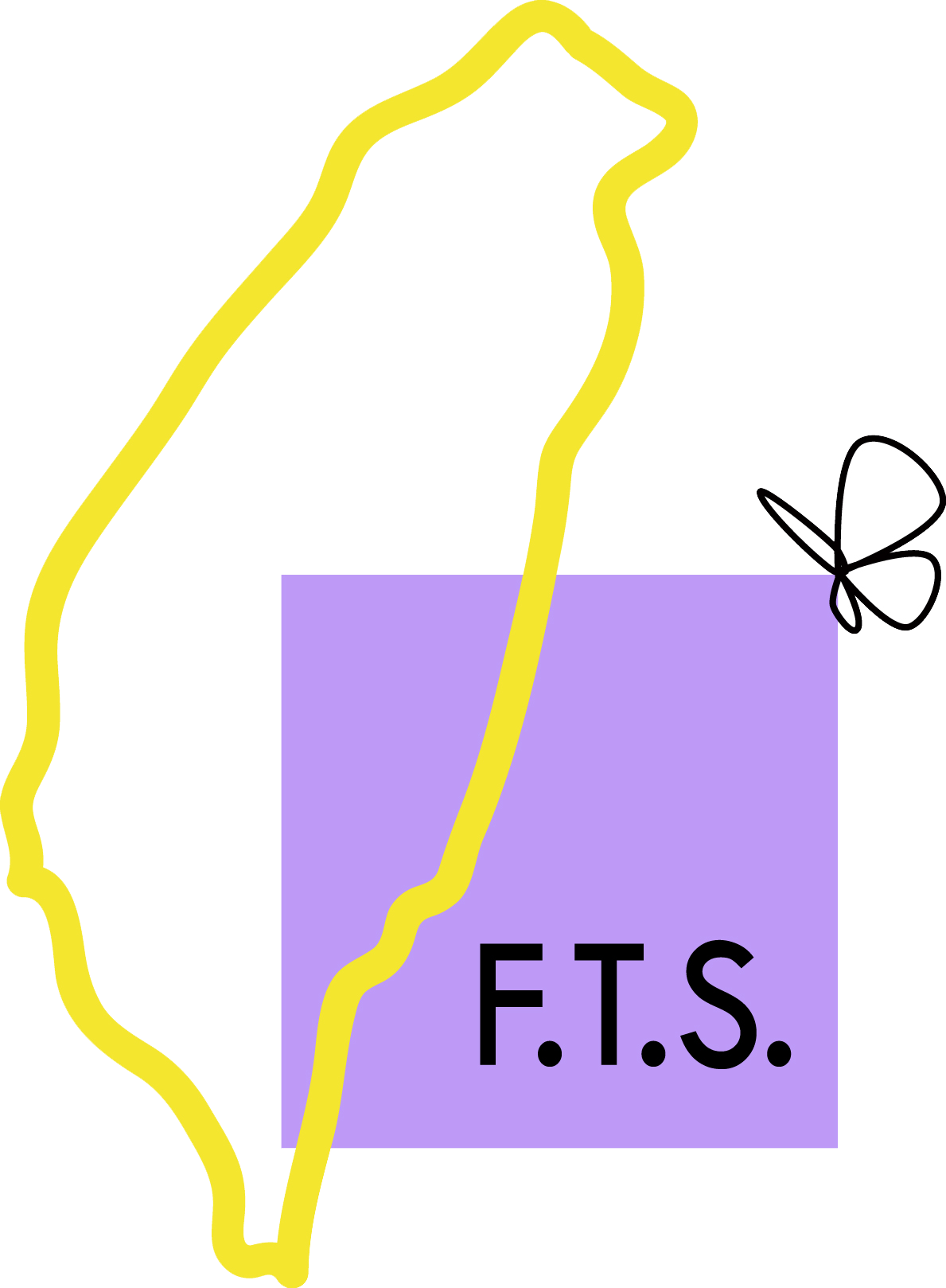Ayuan's Story
阿远的故事
The stories of Ayuan’s family offer a glimpse of contemporary China’s history.
- Illustrations : L H. -
Grandma’s exodus
“As a child, my maternal grandmother fled north with her parents to avoid starvation. They crossed the Shanhai Pass and moved to Dandong.
During the “War of to Resist US Aggression and Aid Korea,” the whole family had to follow the relocation of the factory where my grandfather worked. Eventually they settled in Jiamusi.
The winter there was truly glacial, with temperatures as low as minus 30 degrees Celsius. As soon as my grandmother got off the train, she ran to buy quilted shoes and hats for her children.
When he was working in Dandong, my grandfather saw American pilots parachuting down.”
“As a child, my father lived in a rural area of Hubei province; he told me that he was mistreated by the children of the landowner. At that time, China had not yet been liberated.
After the victory of the Revolutionaries, my paternal grandfather came to take him to live in the mountains of the Northeast.
At that time, my grandfather was a guard in a prison camp, watching over Kuomintang officers.
My father’s health was poor, but thanks to the medicinal herbs found in the mountains, he gradually recovered.”
Memories of “Old China”
Life in the Northeast
A small quarrel with a Taiwanese
“One day, while I was in the laundry room downstairs in my building, I had a discussion with a Taiwanese man. We were talking about politics, and we got into an argument about which of our two governments was more corrupt.
This man was in his early 30s. He only talked about the negative things about Chinese society. I told him that there were certainly many problems in Taiwan as well; but he refused to admit that.
So he told me about a friend of his who had invested on the Mainland. He told me that he had not been able to make any connections, and that his business had never taken off. He thought that he had been tricked by the Chinese and that the local political authorities were completely corrupt.
I’ve had the feeling that he has a biased vision of China. There are so many Taiwanese entrepreneurs on the mainland: should really all of them have been victims of fraudsters? ”
“I have no idea how my parents lived through the Great Leap Forward (1958-1962).
They were still teenagers during the Great Famine: There was no oil, no grain, no meat. People had to go to the mountains to find wild herbs to eat.
My grandmother is now over 90 years old. She often goes back to the mountains to gather these wild herbs; it is her way of remembering the past. She cooks them like she did back then and we all eat them together.”
The older generation and memories of yesteryear
Patriotic Education
“As children, we had to undergo military training.
We were made to watch patriotic films and shows.
We also listened to the stories of national heroes: war heroes, that is, the veterans of the Red Army, veteran cadres, or soldiers who had participated in the Vietnam War.
At that time, a sense of effort, sobriety, perseverance, and frugality were highly valued; hygiene and cleanliness were also emphasized.”
